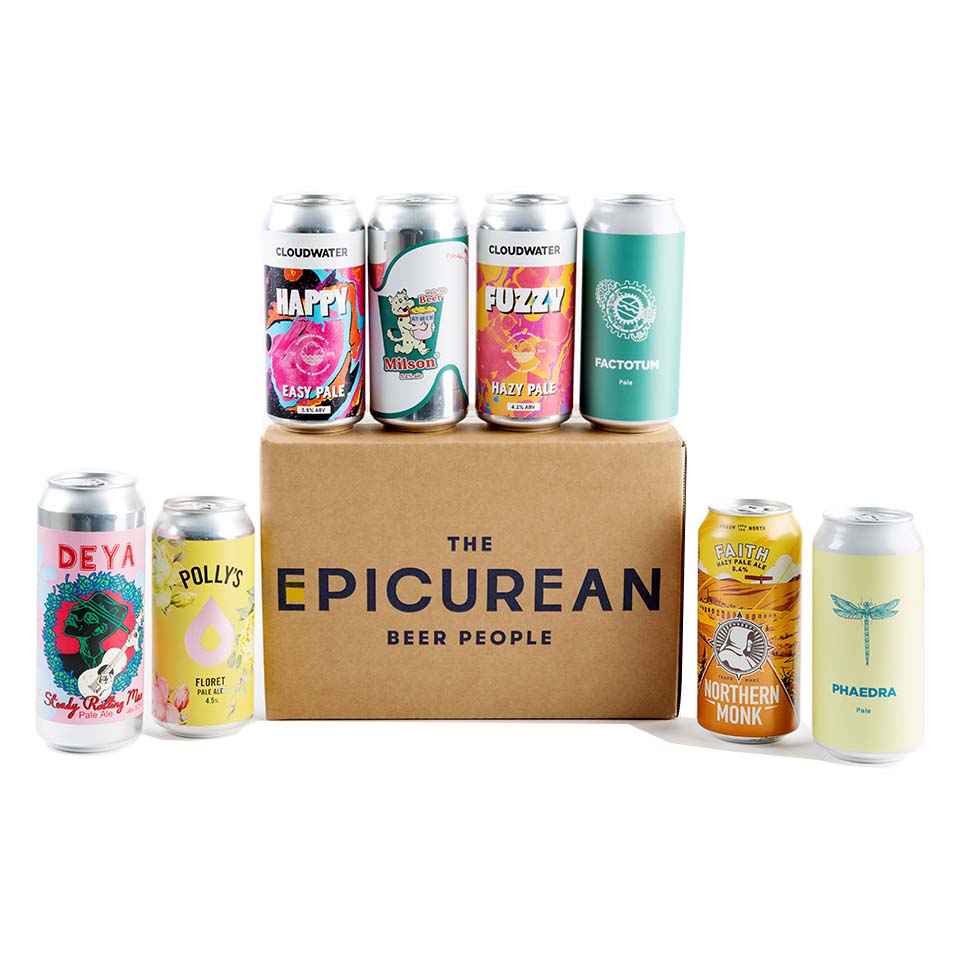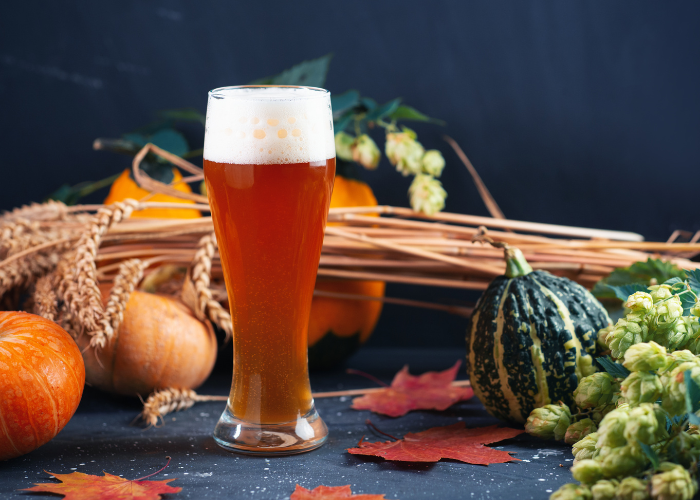
Craft beer and sustainability
October 13, 2023
Sustainability in the beer industry has become a popular topic in recent years. This is due to the ongoing eco-friendly goal everyone is striving to aim towards. Nearly all of the craft beer companies across the globe have either started, or they’re in the process of changing their brewing methods so it fits within the sustainable criteria.
In today’s article, we will be discussing sustainability within the craft beer industry, and what their new methods could look like.
The environmental impact of brewing
Similar to any industrial industry, craft beer brewing faces many challenges when producing its delicious, crisp beverage. An incredible amount of resources are drained in order to bring their art to life, and it’s here where the issues lie. For example, a vast amount of water is used to boil, cool and clean. Water is an essential ingredient throughout the brewing process, and unfortunately, lots of this goes to waste. A recent study showed that incoming water to a brewery can range from 4 to 16 barrels of water per barrel of beer, while wastewater is usually 1.3–2 barrels less than water used per barrel of beer.
This is one of many factors why the level of sustainability is increasing in the brewing process. This amount of excessive water usage is straining local water resources, especially in regions facing water scarcity. Resolutions to water conservation are being introduced, with more craft breweries implementing water-saving technologies and practices. This includes water recycling and reusing water for multiple purposes, to reduce their consumption.
Furthermore, the brewing process of craft beer needs a considerable amount of energy to meet their requirements. Heating, cooling and maintaining fermented temperatures takes huge energy input from their power source, which has a negative knock-on effect. So now, many craft breweries are transitioning to renewable energy sources, like solar panels and wind turbines, to lower their carbon footprint and reduce their reliance on fossil fuels.
Without realising, breweries have heightened their carbon footprint due to their brewing methods. It extends beyond brewing too. For example, it includes transportation of ingredients, distribution, and refrigeration; all of which contribute to emissions they’re releasing. Many brewers have noticed this impact and are now switching these processes so that it reduces their carbon footprint. The steps they’re taking include sourcing ingredients locally, optimising distribution routes, and using energy-efficient refrigeration.
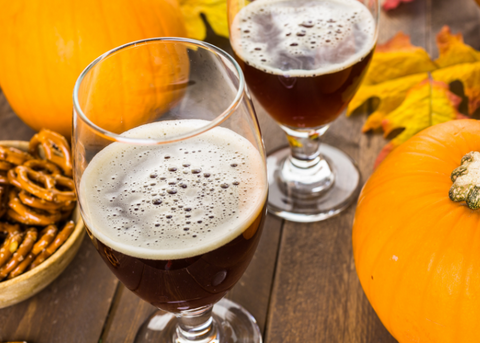
Sustainable brewing practices
We’ve briefly touched on the sustainable changes brewers are making. We will now dive further into these practices…
First things first, any craft brewery can’t be sustainable without water conservation. Water is one of the most important resources when it comes to creating beer, so brewers are now starting to upgrade their equipment which allows them to make the most of it. They now have filtration systems and improved cleaning processes that significantly reduce their water usage, while maintaining the quality of their beer. It’s a start and an important step craft brewers are making.
Also, another brewing practice brewers are using to become more sustainable is creating innovative solutions. A great example of this is the conversion of spent grains into animal feed. Not only does it reduce waste, but it also benefits local farmers too. The waste can be turned into organic fertilisers which saves money for the farmers.
Furthermore, many craft breweries are enhancing their commitment to sourcing their ingredients locally. In fairness, most craft breweries use local ingredients where they can, but now they’re starting to solely use local sources for everything. This involves using locally grown grains and hops, supporting organic farming practices, and even growing some ingredients on-site. Sustainable sourcing not only reduces the carbon footprint associated with transportation but also supports local agriculture.
By adopting these sustainable practices, craft breweries are enhancing their reputation as sustainable, and reaping many other benefits too. They’re saving costs and developing a deep connection with their target audience.
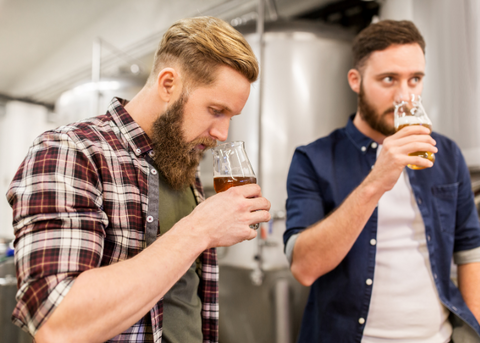
Community and social responsibility
Finally, the increased need for sustainability and the court of public opinion has pushed craft breweries to connect with their community and become more socially responsible. Many craft brewers are starting to actively engage with their local communities. They’re using their spaces to host events, fundraisers, and educational programmes. Some breweries are collaborating with local artists, musicians, and non-profits to strengthen community bonds and contribute to the cultural vibrancy of the area.
Also, breweries are increasingly committed to fair labour practices. They’re offering fairer wages and benefits to their employees, providing safe working conditions, and ensuring opportunities for professional growth and development within the company. Some craft breweries were already doing this, but some weren’t until now.
In addition, certain craft breweries have made the most of their collaborations by donating their profits to charity. Whether it's supporting local charities, environmental organisations, or social justice initiatives, breweries are using their success and connections to give back to their communities.
By emphasising community and social responsibility, craft brewers are becoming integral parts of their local eco-system. This fosters goodwill among customers and establishes a positive reputation for the brewery within its community.
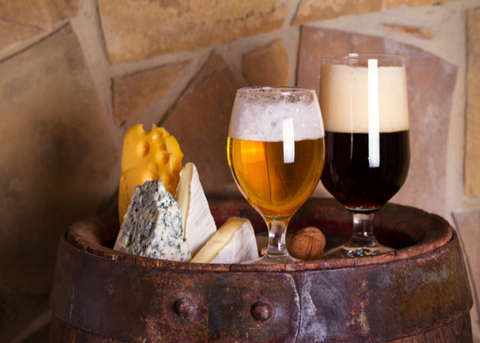
We hope you’ve enjoyed reading our latest article about craft beer and sustainability. It’s a hugely important topic, and it’s good that craft breweries are starting to make changes to their brewery processes. If you think we’ve missed anything - reach out to our team today and they will answer any questions you may have.
Alternatively, if you’re looking to taste some of the most sustainable craft beers in the country, then there’s no better place than us. We have a variety of craft beer collections which will surprise and delight your taste buds. Even better, we now have a beer club you can join where you will receive a box of beers every month of your choice! Get in touch with our team today to learn more about it.








